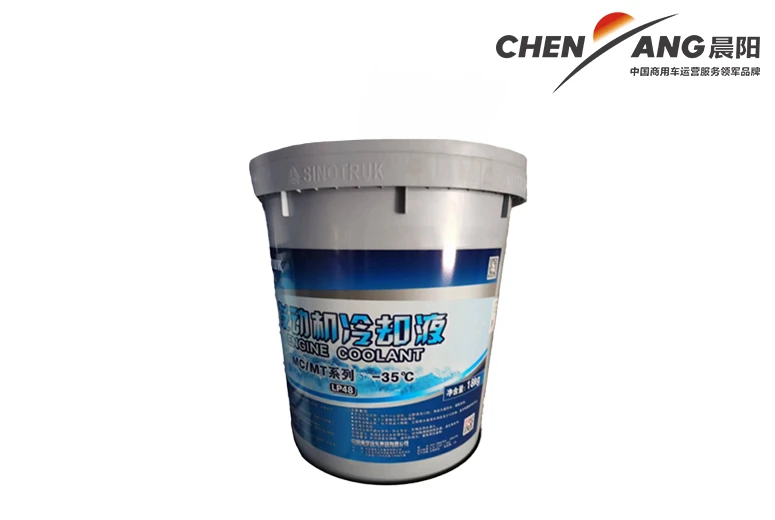car oil
Understanding Car Oil The Lifeblood of Your Vehicle
Car oil is often referred to as the lifeblood of a vehicle. It plays a crucial role in ensuring that the engine runs smoothly and efficiently. While most car owners recognize the necessity of oil, many are unaware of the various types of oils available, their purposes, and the significance of maintaining proper oil levels. This article will delve into the world of car oil, shedding light on its importance, types, and maintenance tips to help keep your vehicle in top shape.
The Purpose of Car Oil
At its core, car oil serves several essential functions within the engine
. Its primary purpose is to lubricate the moving parts, reducing friction and preventing wear and tear. This lubrication is vital, as the engine comprises many components that move rapidly against each other, generating heat. Without sufficient oil, these parts would grind together, leading to severe damage and ultimately engine failure.In addition to lubrication, oil also helps to clean the engine. As it circulates, it picks up dirt, debris, and other contaminants that can accumulate over time. This ability to clean is crucial, as dirt particles can cause significant damage to internal engine components if left unchecked. Furthermore, oil helps to cool the engine by dissipating heat, providing thermal stability.
Types of Car Oil
Car oil comes in various types, each formulated to meet specific engine requirements. Understanding these types can help you make informed decisions about which oil is best for your vehicle.
1. Conventional Oil This is the most common type of oil, derived from crude oil. It is suitable for older engine models and offers basic lubrication and protection. However, it may not perform as well in extreme temperatures or under severe driving conditions.
2. Synthetic Oil Engineered in a lab, synthetic oil provides superior performance compared to conventional oil. It offers better lubrication, enhanced protection against engine wear, and improved resistance to breakdown at high temperatures. Synthetic oil is ideal for modern engines that operate under high-stress conditions, such as sports cars or vehicles used for towing.
3. Synthetic Blend Oil This oil is a combination of conventional and synthetic oils, offering a middle ground in terms of performance and price. It is an excellent choice for those looking for better protection than conventional oil but not wanting to invest in full synthetic.
car oil

4. High Mileage Oil Specifically formulated for vehicles with over 75,000 miles, high mileage oil contains additives that help protect older engines. These additives can prevent leaks, reduce oil consumption, and improve engine condition.
Maintaining Your Car's Oil
Regular maintenance of your car's oil is crucial for engine longevity. Here are some tips to ensure your vehicle remains in optimal condition
- Check Oil Levels Regularly If you want to keep your car's engine healthy, regularly checking the oil level is essential. This can typically be done using the dipstick found under the hood. Ensure the oil level is between the minimum and maximum marks.
- Change Oil as Recommended Follow the manufacturer's recommendation for oil changes. This guideline is usually found in the owner's manual and can vary based on the type of oil used and driving conditions. Typically, oil should be changed every 5,000 to 7,500 miles for conventional oil and every 10,000 to 15,000 miles for synthetic oils.
- Use the Right Oil Always use the oil type suggested by the manufacturer. Using the correct viscosity and formulation can make a significant difference in engine performance and protection.
- Monitor for Leaks or Changes Watch for any signs of oil leaks or changes in oil color and texture. Dark or gritty oil indicates that it needs to be changed. If you notice any leaks, have your vehicle inspected promptly.
Conclusion
Understanding car oil is essential for any vehicle owner. By knowing its purpose, the different types available, and how to maintain it properly, you can ensure that your engine remains healthy and performs at its best. Regular oil checks and changes can save you from costly repairs and extend the life of your vehicle, allowing you to enjoy the road ahead with peace of mind. Remember, a well-maintained engine is a happy engine, and car oil is its true companion on the journey.
-
Grain Fertilizer Seeder-Chenyang Group|Precision&EfficiencyNewsJul.30,2025
-
2BFY Traction Series Seeder-Chenyang Group|Integrated Seeding,FertilizingNewsJul.30,2025
-
2BFY Traction Series Grain Fertilizer Seeder - Chenyang Group | Precision Farming, Seeding & FertilizingNewsJul.30,2025
-
2BFY Traction Series Grain Fertilizer Seeder-Chenyang Group|Seeding & Fertilizing EfficiencyNewsJul.29,2025
-
2BFY Traction Series Grain Fertilizer Seeder-Chenyang Group|Integrated Seeding&Fertilizing, High EfficiencyNewsJul.29,2025
-
2BFY Traction Series Grain Fertilizer Seeder - Chenyang Group|Integrated Seeding&FertilizingNewsJul.29,2025
Popular products

























